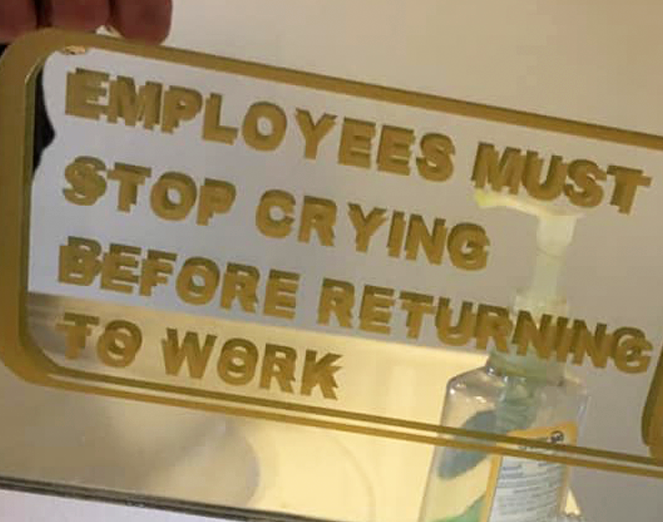

While on the one hand I can agree there’s a place and time to be present and participate appropriately, on the other hand it’s so goddamned tiring to see politics that in situations of nuance zoom in on ‘control them’ as a thing everyone can rally to as if the solution of phone control was really going to be simple and accomplish its objectives.
I mean, criminalizing drugs seemed on its face to be a simple-enough thing to do, and a good idea- who could object to that, right? Who favors addiction, right? What could go wrong? Fundamentally, the ask for enough power to ban anything isn’t a trivial ask, and it shouldn’t be undertaken lightly.



















OK, so now I halfway-hope the vigilantes that try to do this will end up facing criminal charges for it
But, I also halfway-expect cops and prosecutors to look the other way if the victims of this kind of crime ends up being the kind of people they’d be disproportionately policing and convicting anyhow